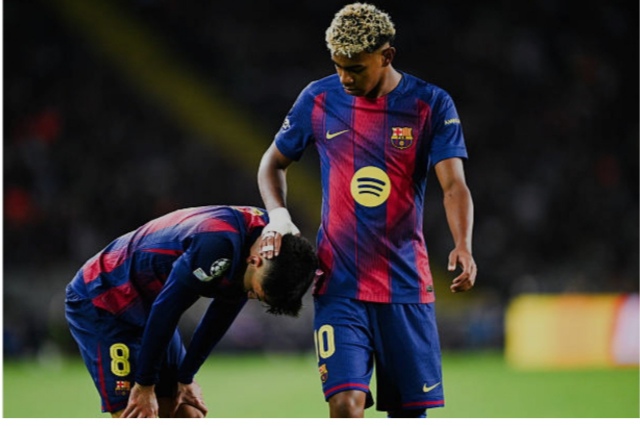Whenever you praise Rúben Amorim as one of the clearest-headed coaches we’ve had, people often argue. Yet, the recent André Onana case perfectly illustrates why that statement holds weight. Amorim’s approach to leadership is calculated, fair, and ruthless in the best sense—protecting his players when they stumble, but cutting ties decisively when trust is broken.
Public Backing and Media Shield
One of the hallmarks of Amorim’s style is his willingness to back his players publicly. When mistakes happen, he absorbs the initial pressure, shielding his squad from the media and fans. This strategy builds confidence: players feel empowered to fight back and learn from their errors without fear of immediate backlash.
This approach has been visible across multiple scenarios at Manchester United:
- Marcus Rashford: When effort levels dipped, Amorim initially protected him, allowing Rashford to regain form without public shaming.
- Alejandro Garnacho and Rasmus Højlund: Both young stars were shielded during early struggles, giving them room to develop without the crushing weight of expectation.
The Ruthless Streak
Amorim’s protection is not unconditional. Once a player loses his trust, the decision is swift and final. There is no hesitation, no second chances. This is not petty—it is leadership at its coldest and clearest.
Recent examples highlight this trait:
- Antony: Despite immense talent, repeated inconsistency meant Amorim cut him loose from the starting picture.
- André Onana: Following errors in the Europa League, Amorim decided Onana could no longer be relied upon. The club has even agreed to a loan exit to Trabzonspor, signaling zero compromise.
This ice-cold decisiveness is what separates Amorim from many managers who hesitate or let loyalty override standards.
Balancing Protection and Accountability
The genius of Amorim’s leadership lies in balancing player protection with accountability. Players know they will be supported publicly, but they also understand that subpar performances or repeated mistakes carry consequences.
This method achieves two things:
- Builds Trust: Players trust the manager to have their back when errors occur, fostering confidence.
- Maintains Standards: The team’s performance and professionalism are never compromised, as players quickly learn that consistent effort and commitment are non-negotiable.
It’s this equilibrium that makes Amorim feel fundamentally different from the managerial approaches Manchester United have experienced in recent years.
Why Manchester United Have Lacked This
For years, United have struggled with managers who either shielded players too long or publicly criticized without real follow-through. Amorim’s approach corrects both:
- Protect players in the short term to build confidence.
- Remove players from contention decisively when trust is broken to maintain team standards.
This combination of empathy and ruthlessness has been missing at Old Trafford, and it’s precisely what the squad needs to instill discipline, resilience, and a winning mentality.
Leadership Lessons from Amorim
The Onana case, alongside previous examples, serves as a masterclass in leadership:
- Support, but don’t enable: Shield players to help them recover, but don’t let mistakes drag the team down.
- Decisive action is critical: Quick, firm decisions prevent lingering doubts and maintain authority.
- Trust is earned daily: No player is above the team, and standards are non-negotiable.
Amorim’s management style demonstrates that true leadership in football isn’t about popularity—it’s about creating an environment where players feel safe, challenged, and accountable simultaneously.
Final Thoughts
Rúben Amorim is ice-cold when he needs to be, yet calculated and protective when appropriate. The balance between shielding his players and enforcing standards is what gives him the clearest-headed approach we’ve seen in years.
Manchester United’s squad now has a manager capable of protecting talent while enforcing excellence, a combination the club has lacked for far too long. The Onana case is just the latest example of Amorim’s ruthless streak—and exactly why his leadership is so needed in the modern game.






